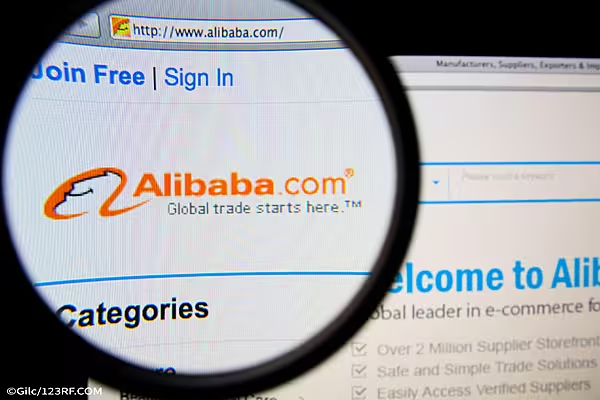For retailers to properly compete with Amazon and other tech giants, they need to embrace collaboration, both with their peers and with other technology providers, a leading expert from consulting firm Capgemini has told ESM.
Kees Jacobs, who leads the All-Channel Experience Sector Growth Initiative for Consumer Products and Retail at Capgemini, said that Amazon has "changed the game" when it comes to competition in the online space.
"If you look at traditional retailers, they see e-commerce as an additional cost, so they charge customers for things like delivery, in order to maintain margin," he explained.
"But in the words of Amazon's Jeff Bezos, 'your margin is my opportunity'. He has been able to come in from a different angle, where he doesn't have stores, or have rent or staff costs for these stores, and has been able to overtake traditional players in terms of supply chain capabilities."
ESM met Jacobs on the sidelines of the recent Consumer Goods Forum Global Summit in Vancouver.
New Disruptors
Jacobs says that many traditional operators are bogged down by supply chain complexity, and need to change the way they operate at scale in order to meet consumer needs – otherwise new and upcoming disruptors, such as Picnic, can steal a march on them, and resonate strongly with consumers.
"Ten years ago, we hosted a think tank on the future supply chain, including things like home delivery, and we established that the only way to be successful is if you collaborate," he said. "You need cross-docking facilities at the edge of cities – on top of your traditional warehouses – where multiple retailers can collaborate, and pick items down to the individual consumer level.
"Back then, there was a clear economic benefit, but the urgency wasn't there and competitive sensitivities came to the fore. But now, given the rise of Amazon and other players, the momentum has changed."
Fostering Collaboration
Jacobs suggested that while it might be a "step too far" to expect major retailers to start collaborating with each other, collaboration with smaller operators and tech firms that can give them a competitive edge should definitely be on the table.
"In order to accelerate their businesses, they need to look at new business models and technologies – ultimately, the retailer needs to redefine who they really are," said Jacobs. "If you're a traditional retailer with a traditional store, which is essentially just a warehouse where people can come and pick items, will that be a sustainable model in the future?
"In a way, it's a philosophical question – who are you as a retailer? Right now, retail is about a 'physical distribution' type of proximity to the customer, and it's moving towards 'personal relevance' proximity – the ability to serve consumers in their daily lives, wherever and whenever they need it. That requires new thinking."
Digital Framework
At Capgemini, Jacobs has worked alongside the Consumer Goods Forum on the development of a number of initiatives, including the the Global Health and Wellness Digital Framework, which analysed how digital can support the goal of positively impacting behavioural change to help people live healthier lives.
The consultancy firm has also played a role in the development of the Data Leapfrog initiative, which seeks to address how to reach higher levels of data accuracy and how data could be more efficiently shared between retailers and consumers.
© 2019 European Supermarket Magazine – your source for the latest retail news. Article by Stephen Wynne-Jones. Click subscribe to sign up to ESM: European Supermarket Magazine.














